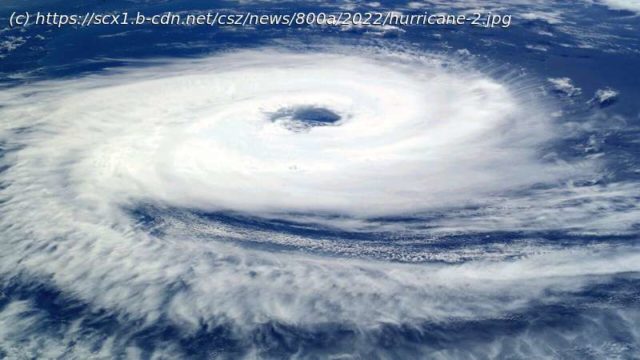As TVs across Florida broadcast the all-too-familiar images of a powerful hurricane headed for the coast in early October 2024, people whose homes had been damaged less than two weeks earlier by Hurricane Helene watched anxiously. Hurricane Milton was rapidly intensifying into a dangerous storm, fueled by the Gulf of Mexico’s record-breaking temperatures.
As TVs across Florida broadcast the all-too-familiar images of a powerful hurricane headed for the coast in early October 2024, people whose homes had been damaged less than two weeks earlier by Hurricane Helene watched anxiously. Hurricane Milton was rapidly intensifying into a dangerous storm, fueled by the Gulf of Mexico’s record-breaking temperatures.
Many residents scrambled to evacuate, clogging roads away from the region. Officials urged those near the coast who ignored evacuation warnings to scrawl their names on their arms with indelible ink so their corpses could be identified.
The two hurricanes were among the most destructive in recent memory. They are also stark reminders of the increasingly extreme weather events that scientists have long warned would be the consequence of human-driven climate change.
Still, many people deny that climate change is a worsening threat, or that it exists at all. As its impacts grow more visible and destructive, how is this possible?
One answer lies in a unique facet of human psychology—specifically, in how people manage the fear aroused by existential threats. For many people, denying the existence of a climate crisis is not only convenient, but may feel psychologically necessary.
The Pulitzer Prize-winning anthropologist Ernest Becker put it this way: « The idea of death, the fear of it, haunts the human animal like nothing else … to overcome it by denying it in some way is the final destiny for man. »
In plain terms, he was saying that most people struggle to accept their mortality and take pains to distort their perception of reality to avoid confronting it.
In the 1980s, social psychologists developed « terror management theory », showing the lengths people go to deny death. Hundreds of experiments have tested its implications. In a common method, participants reflect on their own death, while control groups consider less threatening topics, like dental pain.






